This page is based on this
Wikipedia article Text is available under the
CC BY-SA 4.0 license; additional terms may apply.
Images, videos and audio are available under their respective licenses.
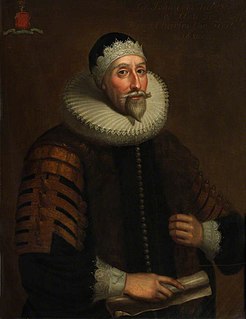
Sir John Coke was an English office holder and politician who sat in the House of Commons at various times between 1621 and 1629.
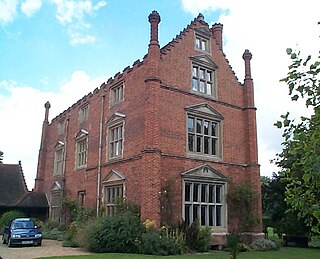
Sir John Suckling was an English politician who sat in the House of Commons at various times between 1601 and 1627.

Sir Julius Caesar was an English lawyer, judge and politician who sat in the House of Commons at various times between 1589 and 1622. He was also known as Julius Adelmare.
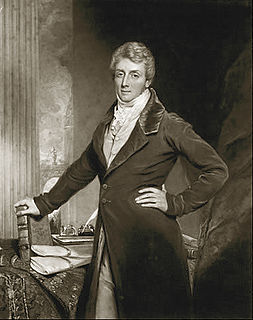
Charles Grant, 1st Baron Glenelg PC FRS was a Scottish politician and colonial administrator.
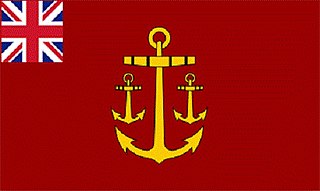
The Navy Board and formerly known as the Council of the Marine or Council of the Marine Causes was the commission with responsibility for day-to-day civil administration of the Royal Navy between 1546 and 1832. The board was headquartered within the Navy Office.
Charles Bathurst PC, known as Charles Bragge from 1754 to 1804, was a British politician of the early 19th century.
Charles Ross may refer to:
The Eighth Menzies Ministry was the thirty-ninth Australian Commonwealth ministry, and ran from 10 December 1958 to 22 December 1961.
The McMahon Ministry was the forty-seventh Australian Commonwealth ministry, and ran from 10 March 1971 to 5 December 1972.
Charles Morgan may refer to:
William Hakewill (1574–1655) was an English legal antiquarian and M.P.

Sir Thomas Widdrington SL was an English judge and politician who sat in the House of Commons at various times between 1640 and 1664. He was speaker of the House of Commons in 1656.
Sir Thomas Frankland, 2nd Baronet, of Thirkleby Hall in Yorkshire, was an English Member of Parliament and Postmaster-General.
Thomas Morgan may refer to:
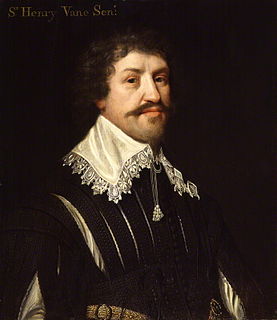
Sir Henry Vane, the elder was an English politician who sat in the House of Commons at various times between 1614 and 1654. He served King Charles in many posts including secretary of state, but on the outbreak of the English Civil War joined the Parliamentary cause. He was the 3rd cousin of Francis Fane, 1st Earl of Westmorland.
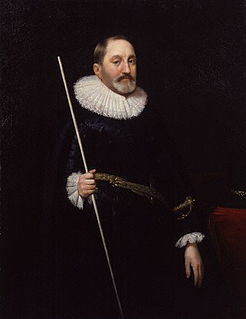
Sir Thomas Edmonds was an English diplomat and politician who served under three successive monarchs, Queen Elizabeth I, Kings James I and Charles I, and occupied the office of Treasurer of the Royal Household from 1618 to 1639.
Charles Berkeley, 2nd Viscount Fitzhardinge was an English politician who sat in the House of Commons at various times between 1621 and 1668. He supported the Royalist cause in the English Civil War. He succeeded by special remainder to the peerage of his son who predeceased him.
Sir John Clere, of London, Norwich and Ormesby St Margaret, Norfolk, was an English politician and naval commander.








